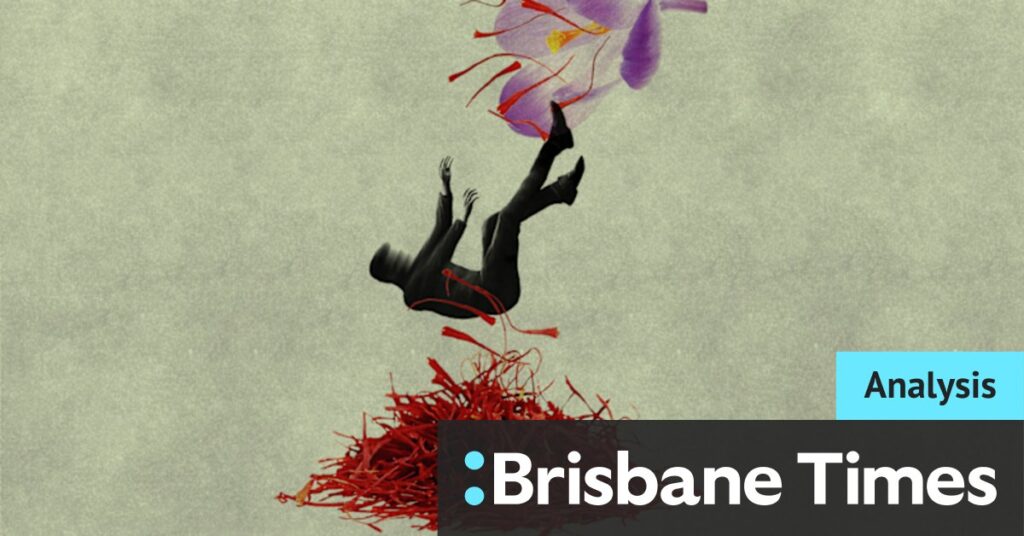
Recent research has highlighted the potential of certain natural substances, such as saffron and St. John’s Wort, to alleviate depressive symptoms. According to a study led by Rachael Frost, a senior lecturer at Liverpool John Moores University, these substances have shown promising results compared to placebos, with effects similar to prescription antidepressants. This revelation comes as the search for alternative treatments for depression continues to gain momentum.
Frost, who is also a practitioner of herbal medicine, emphasized in an editorial for Frontiers of Pharmacology that while probiotics and vitamin D showed some effectiveness, Omega-3 supplements did not significantly impact depressive symptoms. However, the findings regarding St. John’s Wort and saffron are particularly noteworthy, given their potential to match the efficacy of conventional antidepressants.
The Science Behind St. John’s Wort
St. John’s Wort, a flowering plant, has been recognized for its antidepressant properties for over a decade. A Cochrane review in 2008 confirmed its ability to treat symptoms of depression as effectively as traditional medications. Ian Hickie, a professor of psychiatry at the University of Sydney’s Brain and Mind Centre, notes that St. John’s Wort functions similarly to a weak SSRI (selective serotonin reuptake inhibitor), a common type of antidepressant.
Hickie cautions that while St. John’s Wort is a natural product, it should be regarded as a medicine due to its pharmacological effects. He also points out that many natural interventions, including those reviewed in Frost’s study, were tested on individuals with subclinical depression, which differs from the severe cases typically treated with prescription drugs.
Saffron’s Narrow Evidence Base
The potential of saffron as an antidepressant has been explored in 18 studies, most of which indicate its efficacy in improving mood and alleviating depression. However, a closer examination reveals that these studies are predominantly authored by a small group of researchers in Iran, where 90% of the world’s saffron is produced. This concentration of research raises questions about the generalizability of the findings.
Dr. Adrian Lopresti, managing director of Clinical Trials Australia, led a significant study outside of Iran, which found that saffron extract could reduce depressive symptoms in individuals already on pharmaceutical antidepressants. His research, involving 202 participants, demonstrated that 72.3% of those taking saffron showed improvement, compared to 54.3% on a placebo.
“Saffron is an anti-inflammatory, it’s an antioxidant, and it impacts on neurotransmitters too, so it probably works through those different mechanisms,” Lopresti explains.
Industry Influence and Research Integrity
Despite the promising results, the Australian studies were funded by a biotech company that sells saffron supplements, highlighting the potential for conflicts of interest. Lopresti advises caution, emphasizing the importance of replicating studies across diverse research organizations to ensure reliability.
Jerome Sarris, a professor of integrative mental health at the NICM medical research institute, acknowledges the challenges posed by industry funding but stresses that placebo-controlled, double-blind studies can mitigate these concerns. He urges consumers to consider potential conflicts of interest and seek professional health advice before using supplements.
“Of course, read the fine print, look at the conflict of interest and weigh that up in your own mind. But I would also say universities are pretty good in terms of having safeguards around conflict of interest management,” Sarris advises.
Looking Ahead: The Role of Natural Supplements
As the conversation around natural supplements for mental health continues, it is crucial for individuals to consult healthcare professionals before incorporating them into their treatment plans. St. John’s Wort, for instance, can interact with other medications, potentially leading to severe side effects.
The exploration of saffron and St. John’s Wort as mood enhancers underscores the ongoing quest for alternative treatments for depression. While the current evidence base is limited, further research could solidify their roles in mental health care. Until then, a cautious approach, guided by professional advice, remains essential.





